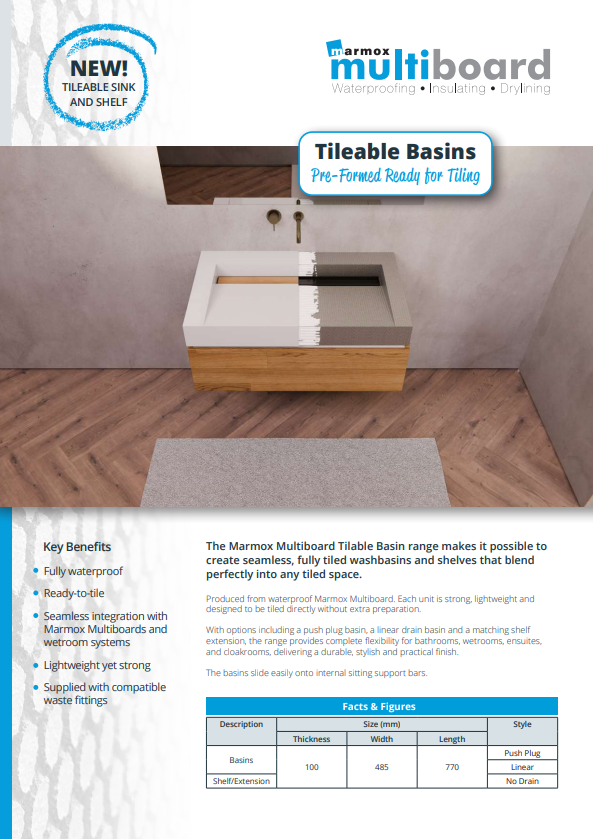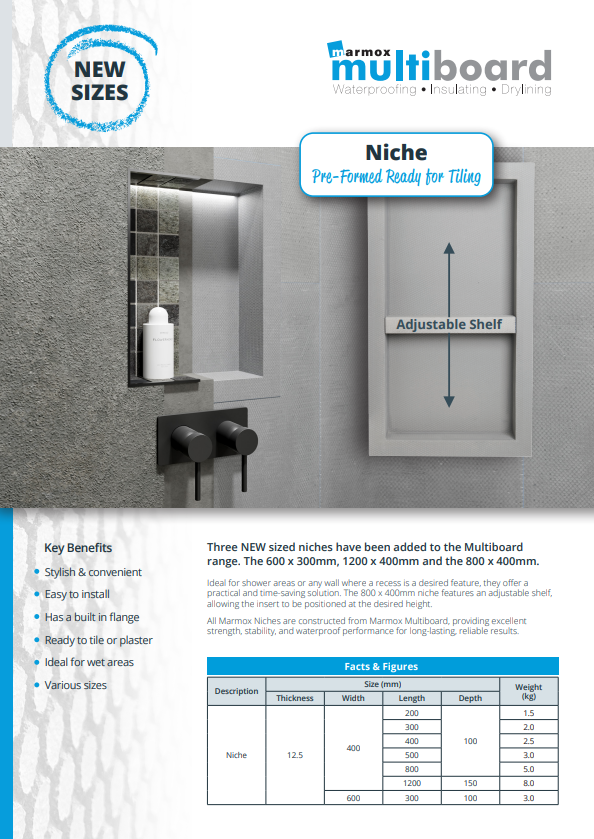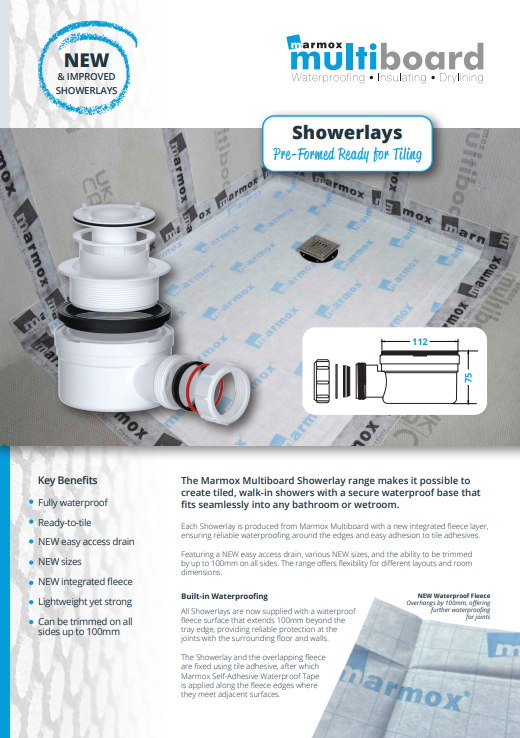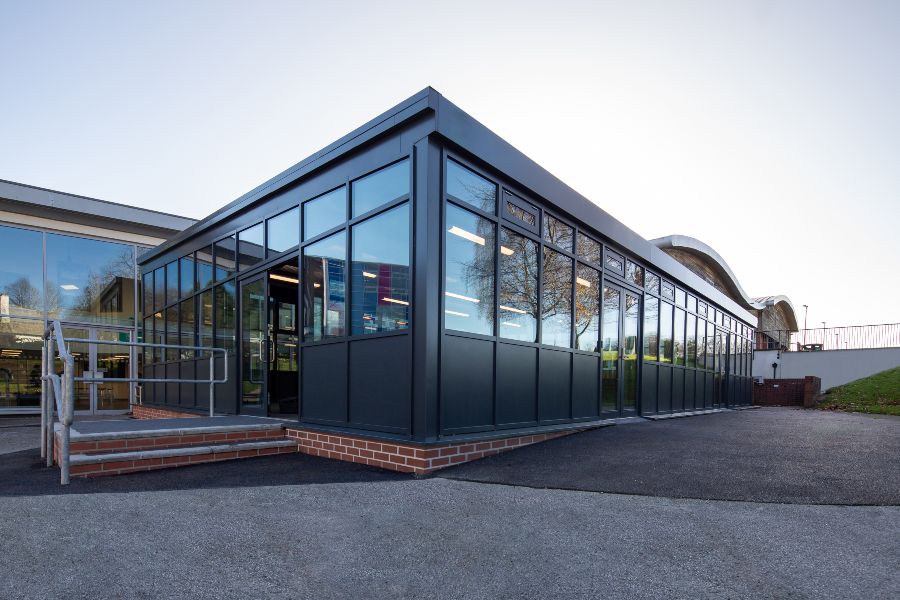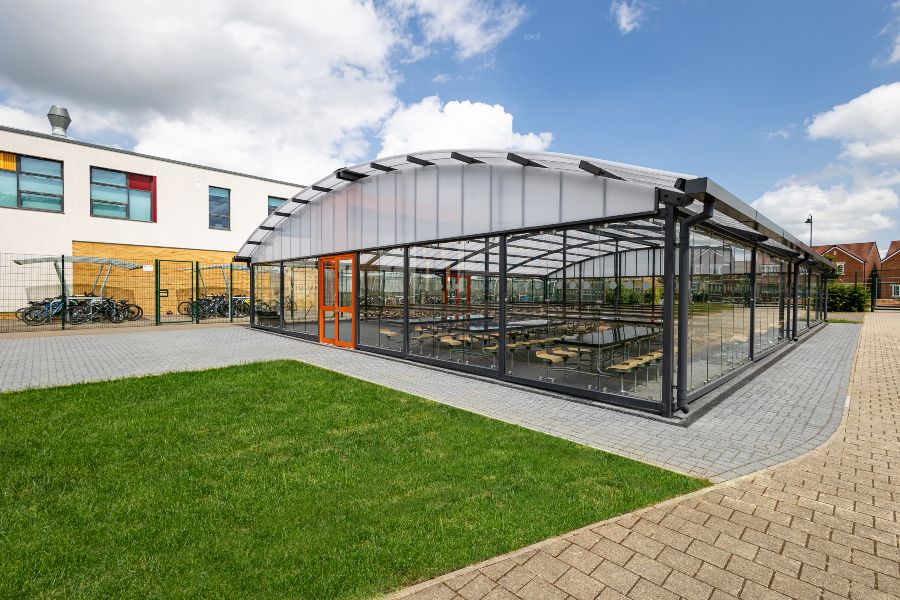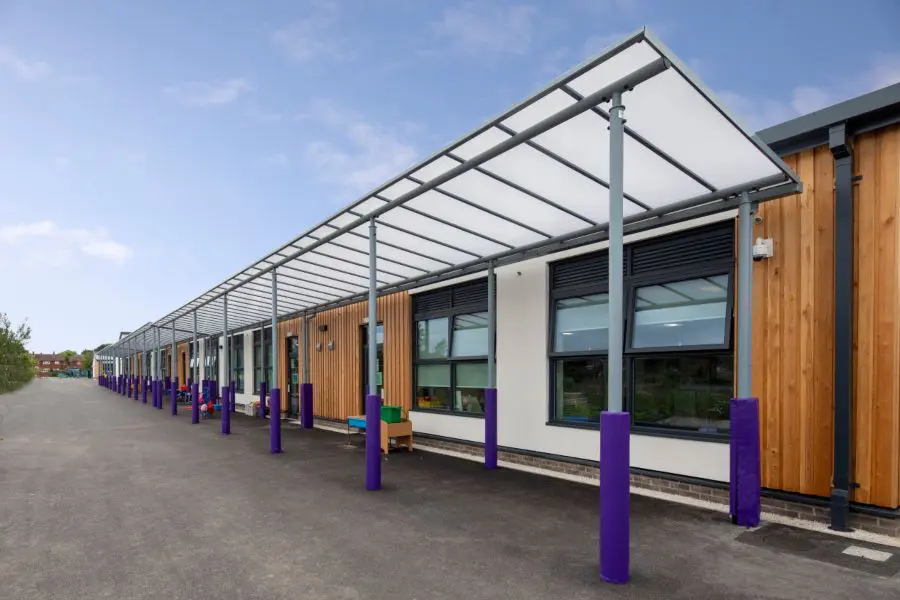Tue, Mar 22, 2016 5:01 PM

After much speculation, the Department of Energy & Climate Change (DECC) has clarified its position on Feed-in tariffs (FITs). Reporting on phase 2A of the FIT consultation, John Meadows, managing director at Schott UK, urges the industry to pull together and focus on the opportunities available.
John said: “We are pleased that the Government is still demonstrating on-going support for solar PV technology and welcome the news that the Feed-in tariff framework in the future will be better than many expected. Seeing solar PV as an important part of the UK’s energy mix in the Renewable Energy Roadmap is a major step in the right direction.”
The Government has announced that for a domestic system installed and registered after 1 August (rather than 1st July as originally proposed), the FIT will now drop by 24 percent from 21p to 16p/kWh, however this tariff will increase every year in line with the Retail Price Index (RPI). John comments: “With regards to the delay from July to August, we would have ideally liked a longer postponement to allow the market to gather some momentum prior to further tariff reductions, but the Government maintaining the RPI link is positive, since this has been seen as an attractive feature of the scheme by consumers, as well as providing investors with a more viable return.
“Recognition by the Government that a tariff reduction will be counter productive in a flat market by agreeing to defer tariff cuts by two quarters if uptake is low is welcomed, whilst increasing the export tariff to reflect the real value of exported electricity is positive and will certainly help encourage more projects, especially at the larger scale.
“We welcome the Government’s change of heart regarding the multi installation tariff, although we are still concerned that the 10 percent reduction may still prove prohibited for the social housing sector and that’s something the industry will have to pull together on.
“It is disappointing though to see the FIT lifetime reduced to 20 years, because the reliability and durability of modules are the key factors that should be considered when installing PV. Consequently, the reduced scheme lifetime may push project planners to consider lesser quality solutions – and in doing so, although the up-front costs may be lower, the risk of problems and therefore reduced income down the line becomes much greater.
“On the whole the consultation is a positive step towards a time when the FIT is not required and will help us move towards grid parity. However, with the reduction of the tariff it becomes even more important than ever for developers of systems of all sizes to invest in a system with a good yield, since over time, the total yield is the factor that will determine the financial payback.
“Following this announcement, it is now up to us, the industry, to show the value of solar long-term and to focus on promoting and developing products that can prove long-term performance and durability - to ensure the end user is generating optimum output. End user education is key.”












